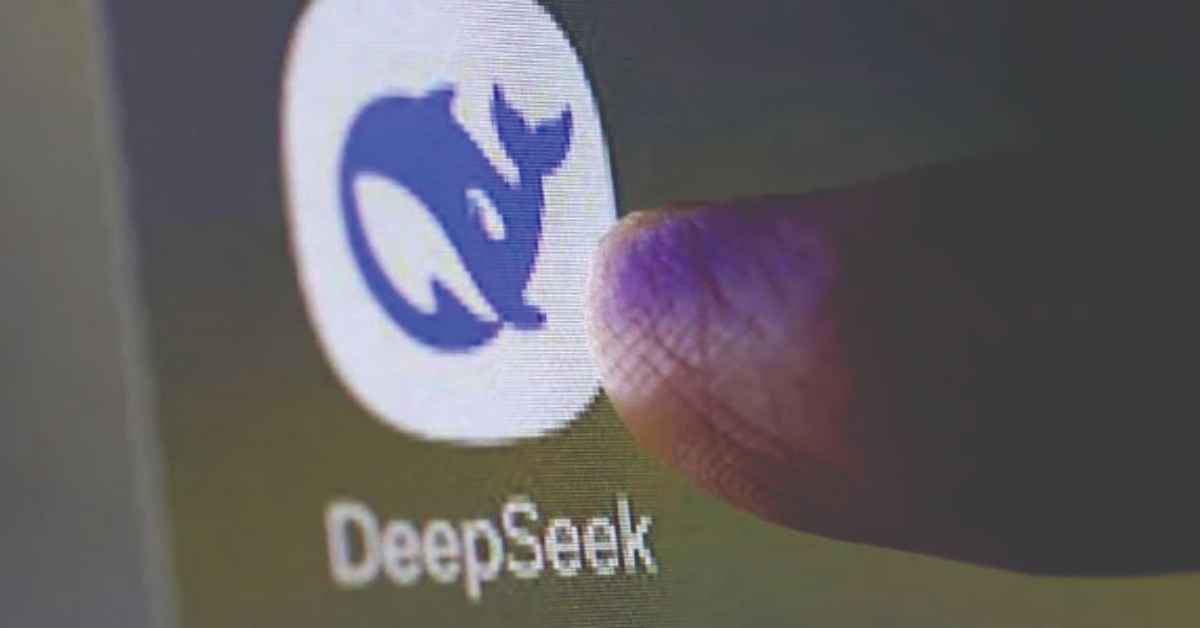DeepSeek Removed from South Korean App Stores for Privacy Review
The app was removed from stores on Saturday at 6:00 PM and is unavailable for new downloads.

China’s AI chatbot, DeepSeek, is no longer available for download in South Korea as the government reviews its data privacy practices.
DeepSeek’s R1 chatbot gained attention for its ability to compete with Western AI tools at a lower cost.
However, concerns have arisen about the app’s data storage practices, with the company stating that user data is stored on “secure servers” in China.
On Monday, South Korea’s Personal Information Protection Commission announced the removal of DeepSeek from local app stores until a review of its data practices is completed.
The Chinese company acknowledged it had not fully aligned with domestic privacy laws.
The commission noted that ensuring compliance with local privacy regulations would require considerable time.
To mitigate further concerns, the agency recommended suspending the app’s service during this period, a suggestion DeepSeek accepted.
The app was removed from stores on Saturday at 6:00 PM and is unavailable for new downloads.
Existing users can still access the chatbot but are advised to exercise caution, especially when inputting personal information.
Data security experts, like Youm Heung-youl of Soonchunhyang University, pointed out that DeepSeek has not yet provided a privacy policy tailored to South Korea, despite offering region-specific policies in the EU and elsewhere.
In the wake of South Korea’s move, several government ministries and law enforcement agencies have blocked access to DeepSeek on their computers.
Other countries, including Italy and Australia, have taken similar actions, while U.S. lawmakers have proposed banning the app from government devices.
The Chinese government has responded to these actions, stating its opposition to the “politicization of economic and technological issues” and insisting that it does not require companies to unlawfully collect or store data.
